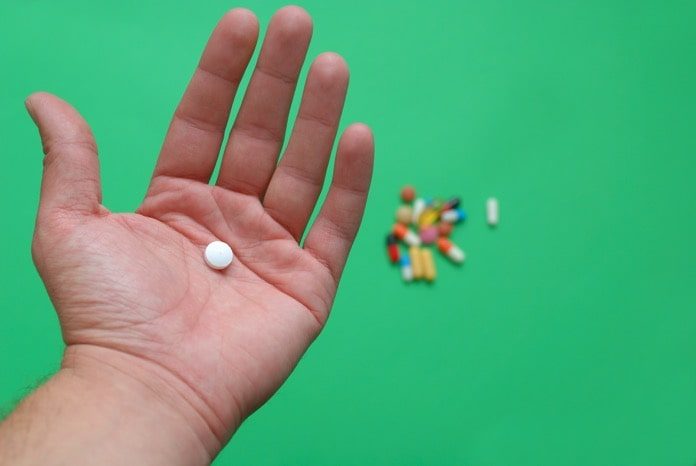In this study, researchers examine the effects of a drug, fluoxetine, in improving the functional ability of those facing stroke recovery.
Stroke affects many worldwide. Disability is one of the debilitating effects after a stroke. It is estimated that 6.5 million people worldwide are affected by post-stroke disability. Usually, post-stroke recovery involves treating depression and other factors. One drug used for this treatment is in the class of selective serotonin reuptake inhibitors (SSRI), known specifically as fluoxetine, though other SSRIs have been suggested to help in stroke recovery.
Previous trials have suggested that fluoxetine may improve motor ability. Other studies also suggested fewer instances of depression in those using fluoxetine during stroke recovery. Yet, stroke guidelines do not strongly recommend fluoxetine because of the fear of potential adverse reactions.
The researchers, part of the FOCUS Trial Collaboration, sought to determine whether those facing stroke recovery would benefit from fluoxetine used over a six-month period. This study, published in The Lancet, was a double-blind randomized controlled trial, which involved 103 hospitals in the United Kingdom.
Adults with acute stroke diagnosis were included in the study. A total of 1564 adults were randomized to receive fluoxetine (20 mg) and 1563 were randomized to receive placebo and were examined for their ability to function at the six-month mark. Using the modified Rankin Scale (mRS), which is a scale used to determine disability level in those who have faced a stroke, the researchers found that there were no significantly different scores between those who took fluoxetine and those who took the placebo.
At the six-month mark, depression and a negative mood were less likely to occur in those in the fluoxetine group compared to those in the placebo group. Yet, bone fracture risk was higher in the fluoxetine group. Unfortunately, at the 12-month mark, there was no longer a significant difference in mood and depression between the fluoxetine and placebo group.
Overall, those facing stroke recovery showed no improved functional ability at the six or 12-month mark. In addition, in the short term at six months, depression seemed to be less evident in the fluoxetine group, but overall, this significance did not remain after more time had passed (i.e. at the 12-month mark in the study).
Limitations in this study include the fact that some of the characteristics of their recruited patients were not completely representative of the UK population. The authors also suggested that the effect of the treatment had the potential to be underestimated since they had some issues with adherence to the use of the medication. Also, the outcome score, a modified mRS, may not be the strongest measure to use, but it was deemed the most relevant. In addition, any face-to-face interaction with the patients could have led to bias.
Overall, more research should be done to confirm these results. This study reinforces the idea that fluoxetine may not be beneficial for those facing stroke recovery. Additional studies are needed to see if fluoxetine may be more harmful than beneficial or vice versa.
Written by Olajumoke Marissa Ologundudu B.Sc. (Hons)
Reference: FOCUS Trial Collaboration.Effects of fluoxetine on functional outcomes after acute stroke (FOCUS): a pragmatic, double-blind, randomised,controlled trial. The Lancet. 2018; 1–10. doi: http://dx.doi.org/10.1016/S0140-6736(18)32823-X



